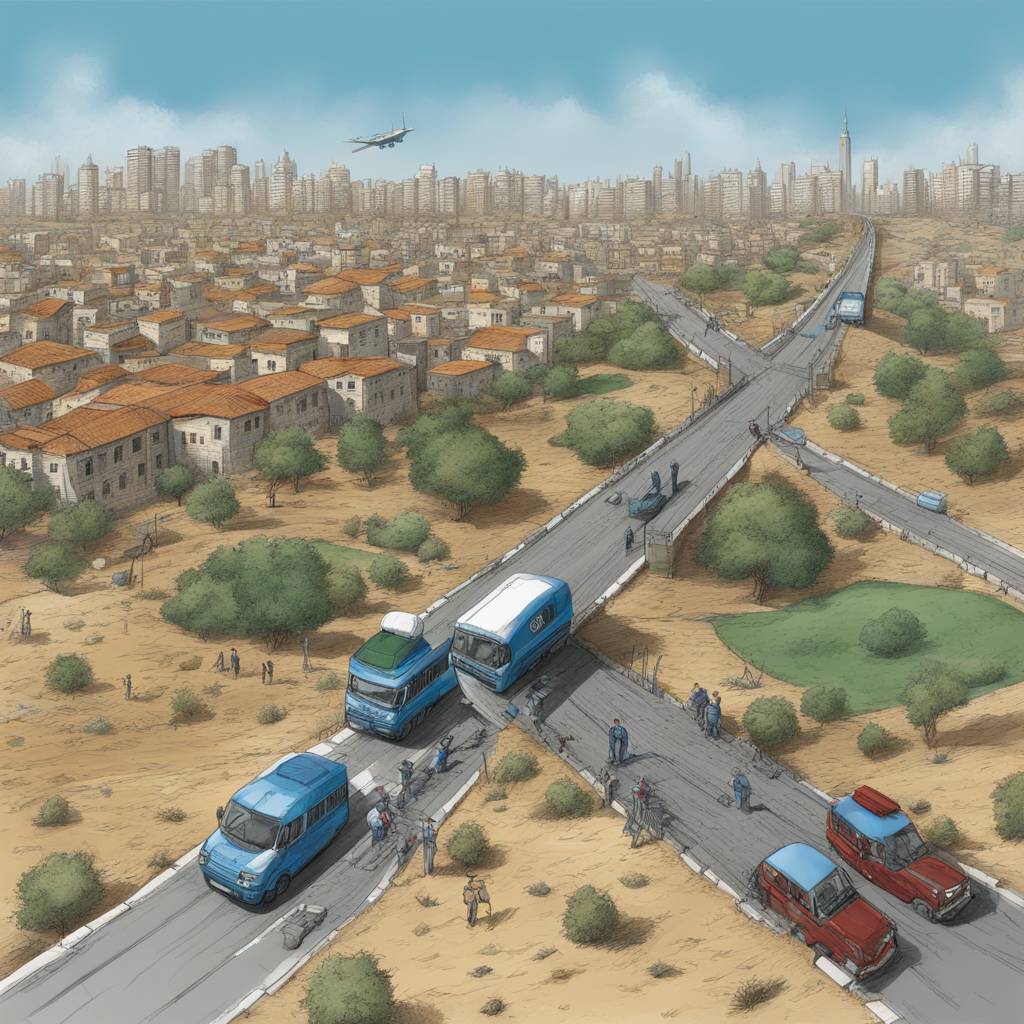The International Court of Justice ordered Israel to take action to improve the humanitarian situation in Gaza, including opening more land crossings to allow food, water, fuel, and other supplies into the war-torn area. This decision came in response to a case brought by South Africa accusing Israel of acts of genocide in its military campaign following attacks by Hamas. Israel denies committing genocide, stating that its military actions are in self-defense and aimed at Hamas, not the Palestinian people. The court’s legally binding order instructed Israel to ensure the unhindered provision of basic services and humanitarian assistance, and to report back in a month on its implementation.
Israel declared war on Gaza in response to a cross-border attack by Hamas in October, leading to a campaign of airstrikes and a ground offensive that caused significant casualties and displacement. The U.N. and aid agencies have reported a severe humanitarian crisis in Gaza, with the majority of the population struggling to access food and other essentials. South Africa welcomed the court’s decision, highlighting the impact of disease and starvation on Palestinian deaths and emphasizing the need to protect the group’s right to exist. Israel’s Foreign Ministry has not yet provided a response to the court’s order.
Despite initially sealing Gaza’s borders during the war, Israel has begun permitting the entry of humanitarian supplies, with plans to start aid deliveries by sea in collaboration with international partners. However, the U.N. and aid groups have faced challenges in delivering aid due to Israeli military restrictions and ongoing hostilities. Israel has clashed with the United Nations and UNRWA, the U.N. agency for Palestinian refugees, accusing the agency of cooperating with Hamas. The court’s order highlighted the dire situation in Gaza, with reports of famine setting in and casualties due to malnutrition and dehydration.
The court emphasized the urgency of the situation in Gaza and the need for Israel to ensure the provision of humanitarian assistance without delay. It stated that previous orders imposed on Israel following South Africa’s case hearings did not fully address the consequences of the changing situation in Gaza. Israel has inspected aid trucks and has run pilot programs to try to bring aid to the northern part of the Strip, but challenges remain in ensuring the effective delivery of humanitarian assistance. COGAT, the Israeli military body responsible for Palestinian civilian affairs, has not commented on the court’s ruling, indicating ongoing tensions and difficulties in addressing the humanitarian crisis in Gaza.













